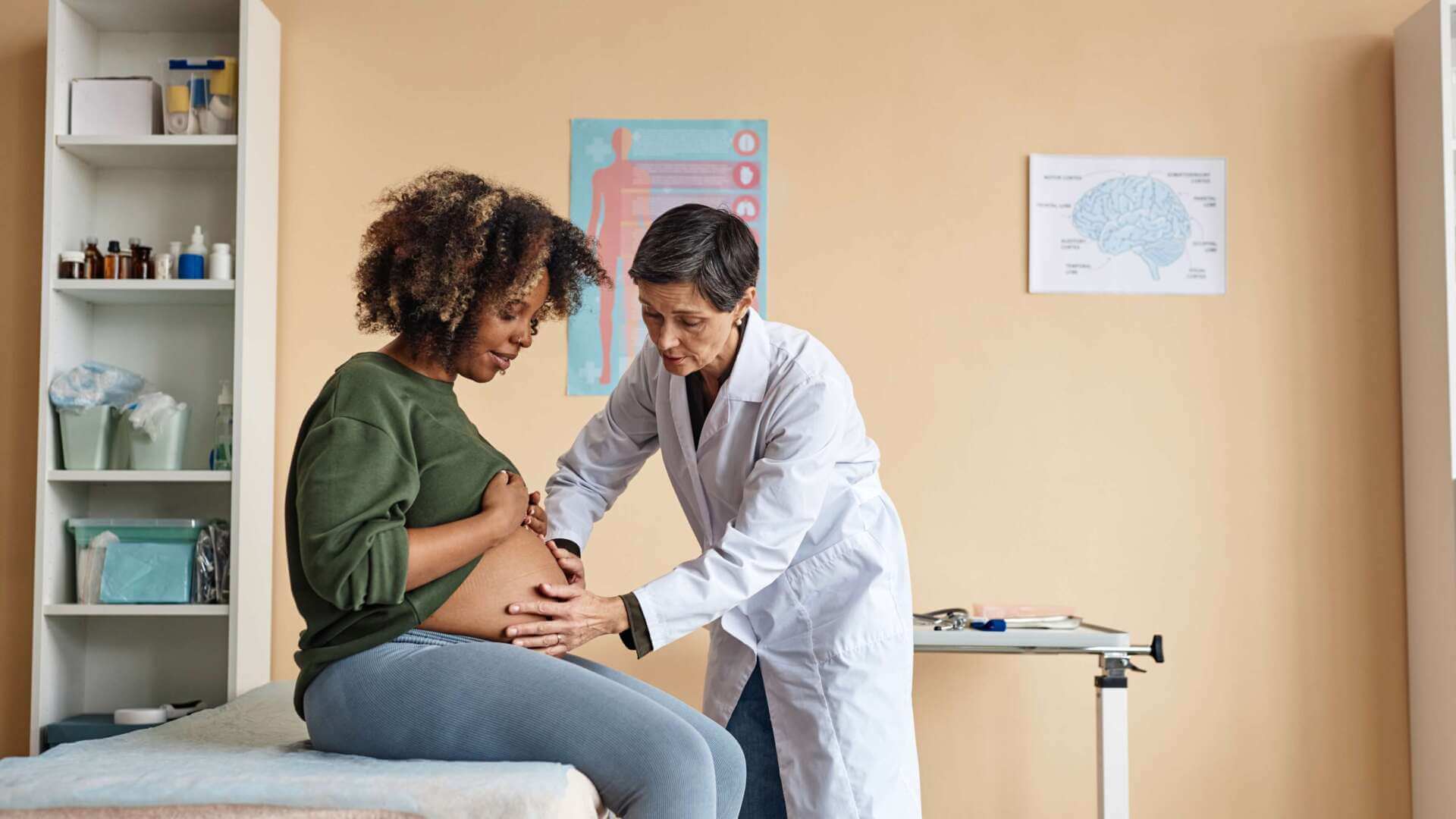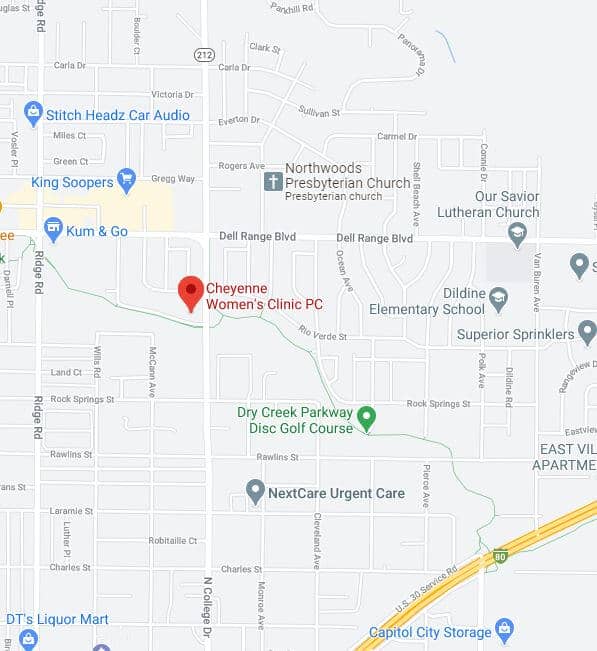How does age affect fertility?
More and more people are delaying having children until their late 30s or 40s. But as you age, so do your ovaries and the eggs inside them. You cannot see or feel these changes, and they happen faster than you may think.
A woman’s peak reproductive years are between the late teens and late 20s. By age 30, fertility (the ability to get pregnant) starts to decline. This decline happens faster once you reach your mid-30s. By 45, fertility has declined so much that getting pregnant naturally is unlikely.
How does age affect your eggs?
You begin life with a fixed number of eggs in your ovaries. The number of eggs decreases as you get older. Also, the remaining eggs are more likely to have abnormal chromosomes. And as you age, you are more likely to have developed health conditions that can affect fertility, such as uterine fibroids and endometriosis.
What are the chances of pregnancy as you get older?
For healthy couples in their 20s and early 30s, around 1 in 4 women will get pregnant in any single menstrual cycle. By age 40, around 1 in 10 will get pregnant per menstrual cycle. A man’s fertility also declines with age, but not as predictably.
When should I consider an infertility evaluation?
If you are older than 35 and have not gotten pregnant after 6 months of having regular sex without using birth control, talk with your obstetrician–gynecologist (ob-gyn) about an infertility evaluation. If you are older than 40, an evaluation is recommended before you try to get pregnant. This advice is especially important if you have a problem that could affect fertility, such as endometriosis.
What happens during an infertility evaluation?
During an evaluation, you have physical exams and tests to try to find the cause of infertility. If a cause is found, treatment may be possible. In many cases, infertility can be successfully treated even if no cause is found. But the chances of success with these treatments decline with age.
What are some possible risks of having a baby after age 35?
When you get pregnant later in life, there is a higher risk of complications. But these risks do not increase all at once. Some risks do not increase until age 40 or later. For example, those who get pregnant after age 40 have an increased risk of preeclampsia. Pregnancy later in life can also affect the health of the fetus.
Why does the risk of pregnancy problems increase with age?
Older people tend to have more health problems than younger people. For example, high blood pressure is more common in older people. Having high blood pressure before pregnancy can increase the risk of preeclampsia. But studies also show that older people who do not have any health conditions can still have complicated pregnancies.
How can I lower my risk of preeclampsia?
If you are 35 or older and have certain risk factors for preeclampsia, your ob-gyn may recommend that you take low-dose aspirin during pregnancy. Talk with your ob-gyn about risk factors for preeclampsia and whether you should take aspirin.
What should I know about birth defects?
The overall risk of having a baby with a chromosome abnormality is small. But as you age, the risk of having a baby with missing, damaged, or extra chromosomes increases. This can lead to genetic conditions like Down syndrome (trisomy 21), Patau syndrome (trisomy 13), and Edwards syndrome (trisomy 18). Read Reducing Risks of Birth Defects to learn more.
How common is Down syndrome?
Down syndrome is the most common genetic problem that occurs with later childbearing. The risk of having a pregnancy affected by Down syndrome is
- 1 in 1,250 at age 20
- 1 in 1,000 at age 25
- 1 in 714 at age 30
- 1 in 294 at age 35
- 1 in 86 at age 40
What can I do if I’m concerned about birth defects?
Learn about tests that look for genetic disorders:
- Prenatal screening tests assess the risk that a pregnancy will be affected by a specific birth defect or genetic disorder. Screening can be done before and during pregnancy. Read Prenatal Genetic Screening Tests to learn more.
- Prenatal diagnostic tests can detect if a pregnancy is affected by a specific birth defect or genetic disorder.
Am I required to have genetic testing?
Both screening and diagnostic testing are offered in every pregnancy. You don’t have to be a certain age or have a family history of a disorder to have these tests. It is your choice whether you want to have them done. Talk with your ob-gyn about genetic testing options so you can make a choice that’s right for you.
What are some other pregnancy risks that come with aging?
The risks of miscarriage and stillbirth are higher in people who are older than 35.
Also, multiple pregnancy is more common when you are older. As the ovaries age, they are more likely to release more than one egg each month. Some fertility treatments also increase the chance of a multiple pregnancy. Although multiple pregnancies can be healthy, these pregnancies can increase the risk of preterm birth.
Why is prenatal care important?
Getting early and regular prenatal care may increase your chances of having a healthy baby. At each visit, your health and your fetus’s health should be monitored. Regular prenatal care can help your ob-gyn find problems sooner and take steps to help manage them.
If you have a preexisting medical condition or if a medical condition develops during pregnancy, you may need to see your ob-gyn more often. You may also need extra visits if you are 40 or older. Extra tests near the end of pregnancy can help ensure that your fetus is still healthy.
How can my age affect labor and delivery?
If you are age 40 or older, your ob-gyn may recommend that you give birth at 39 weeks to reduce the risk of stillbirth. This may be done with labor induction.
If your pregnancy had few or no complications, you can have a vaginal birth. By itself, older age does not mean that you need a cesarean birth.
What are the first steps I should take if I want to get pregnant?
- Stop using alcohol, tobacco, and marijuana. Talk with a health care professional if you need help.
- Start taking a prenatal vitamin with folic acid to help prevent neural tube defects (NTDs).
- Schedule a visit with your ob-gyn for prepregnancy counseling.
- Read Good Health Before Pregnancy: Prepregnancy Care to learn more.
What is a prepregnancy health care visit?
This is a visit with your ob-gyn that helps you plan for a pregnancy. During this visit, talk with your ob-gyn about your medical history, your family history, any past pregnancies, and any medications you take. Also ask if you have all of the vaccines that are recommended for you. You and your ob-gyn may also talk about
- your diet and lifestyle
- how you can maintain a healthy weight before getting pregnant
- recommended screening for sexually transmitted infections (STIs)
- the option of carrier screening for you and, if needed, your partner
Everyone should talk with their ob-gyns before trying to get pregnant, but it’s especially important if you are older than 35.
What if I’m not ready now, but may want children in the future?
Everyone should think about whether they would like to have children and, if so, when to have them. This is called a reproductive life plan. If you would like to have children someday, your plan can be a simple statement like, “I would like to finish school and have more money saved before having children” or “I would like to have children in my 20s when my chances for a healthy pregnancy are best.” Talking with your ob-gyn can help you develop your reproductive life plan.
How often should I review my reproductive life plan?
It’s a good idea to talk about your plan once a year with your ob-gyn. Ask yourself whether you would like to have children in the next year. If your answer is yes, you can take steps for a healthy pregnancy. If your answer is no, you can make sure that you are using a reliable birth control method. You can also learn about fertility preservation options if you know you’ll want to wait to have children.
Are there ways to preserve fertility?
Currently, there is no medical technique that can guarantee fertility will be preserved. If you know that you want to have children later in life, one option may be in vitro fertilization (IVF). With IVF, sperm is combined with a woman’s eggs in a laboratory. If the sperm fertilizes the eggs, embryos may grow.
What happens to embryos stored for later use?
Embryos can be frozen and used many years later. When you are ready, an embryo can be transferred to your uterus to try to achieve a pregnancy. The chance that IVF will work for you depends on many factors, including your health and your age when the embryos are frozen.
What else should I know about IVF?
Talking with a fertility expert will help you understand your chances of success with IVF. Infertility treatment takes time, and it can have high costs. Some IVF treatments are expensive and may not be covered by insurance.
What is egg freezing?
A procedure called oocyte cryopreservation—“freezing your eggs”—has become more popular in recent years. In this procedure, several eggs are removed from the ovaries. The unfertilized eggs are then frozen for later use in IVF.
Who should think about egg freezing?
Egg freezing may seem like a good option if you want to delay childbearing. But egg freezing is recommended mainly for women having cancer treatment that will affect their future fertility. There is not enough research to recommend routine egg freezing for the sole purpose of delaying childbearing. Egg freezing is also expensive and may not be covered by insurance.





